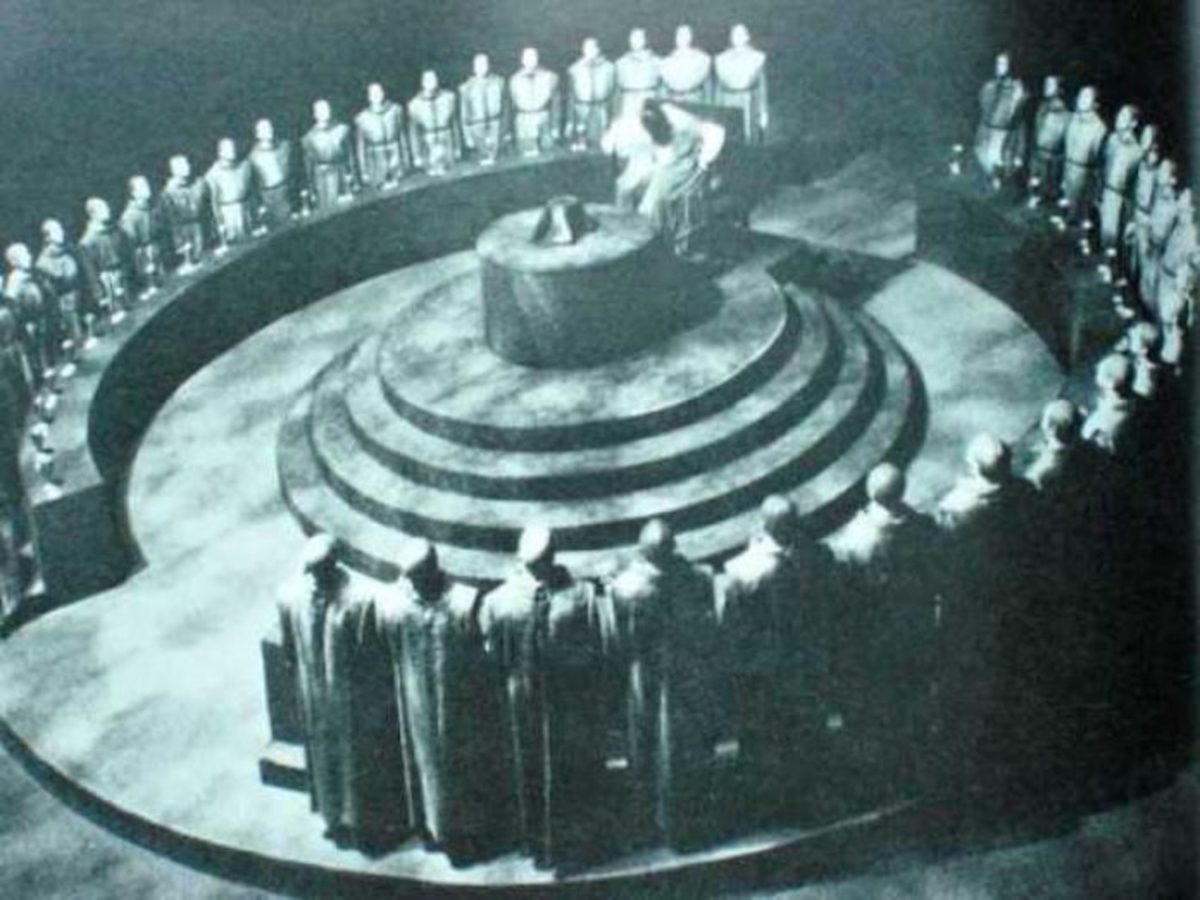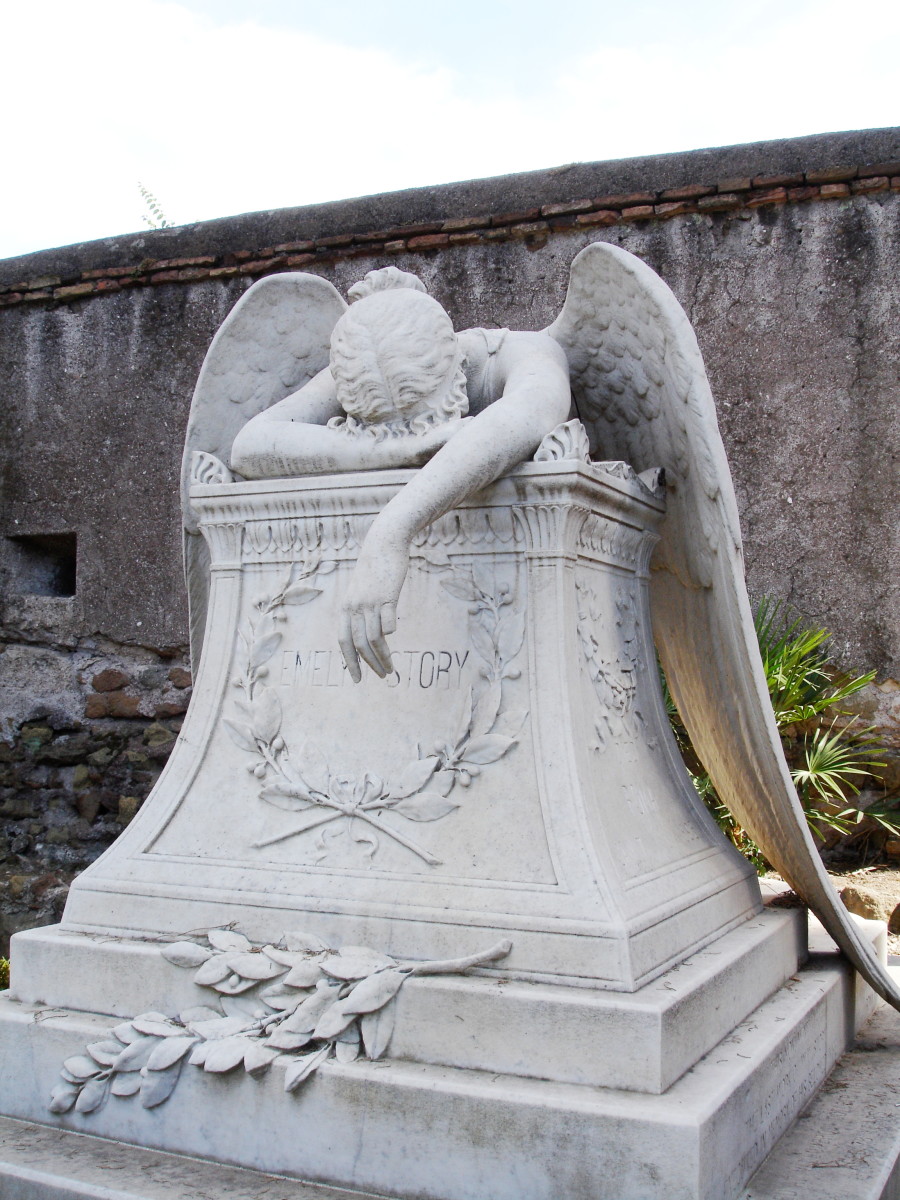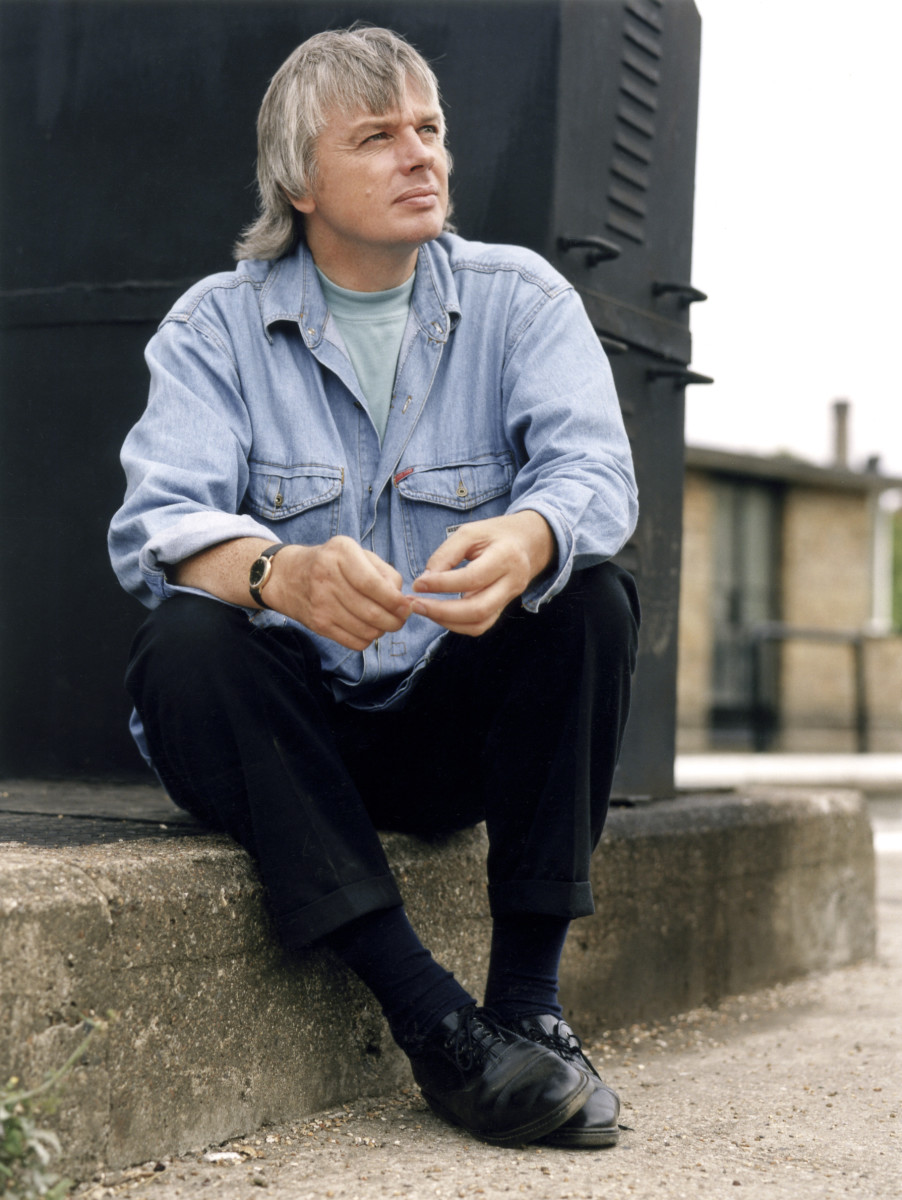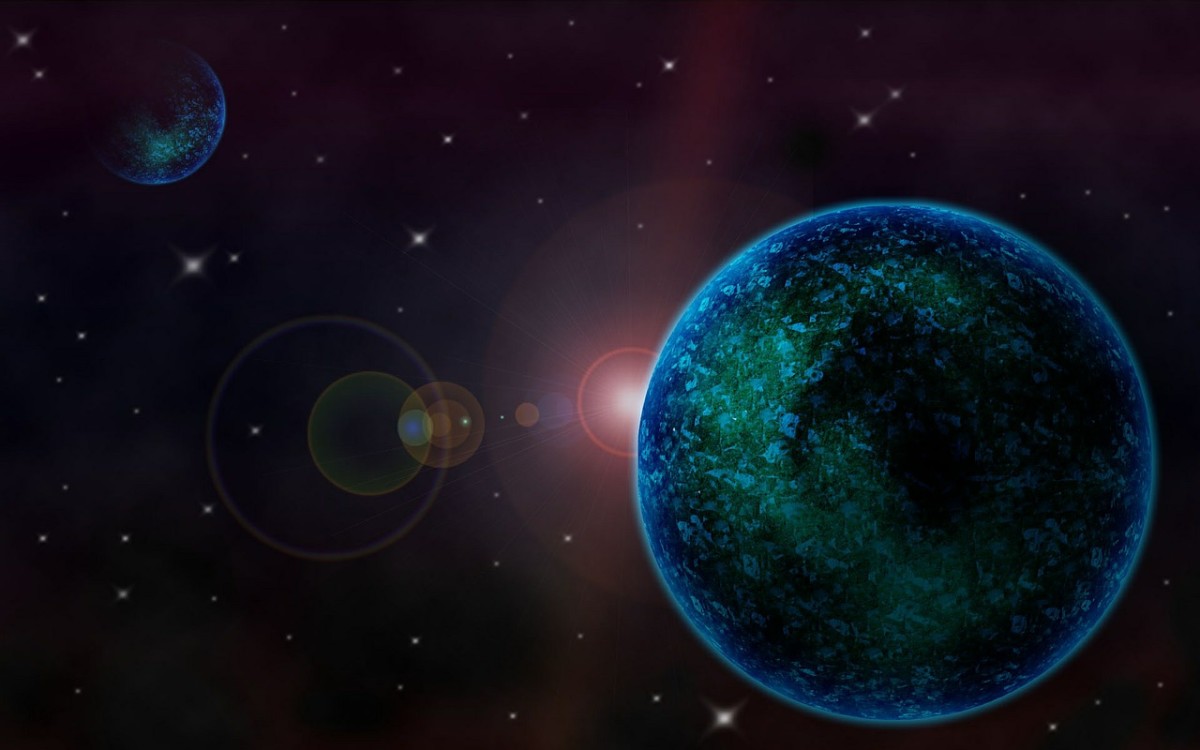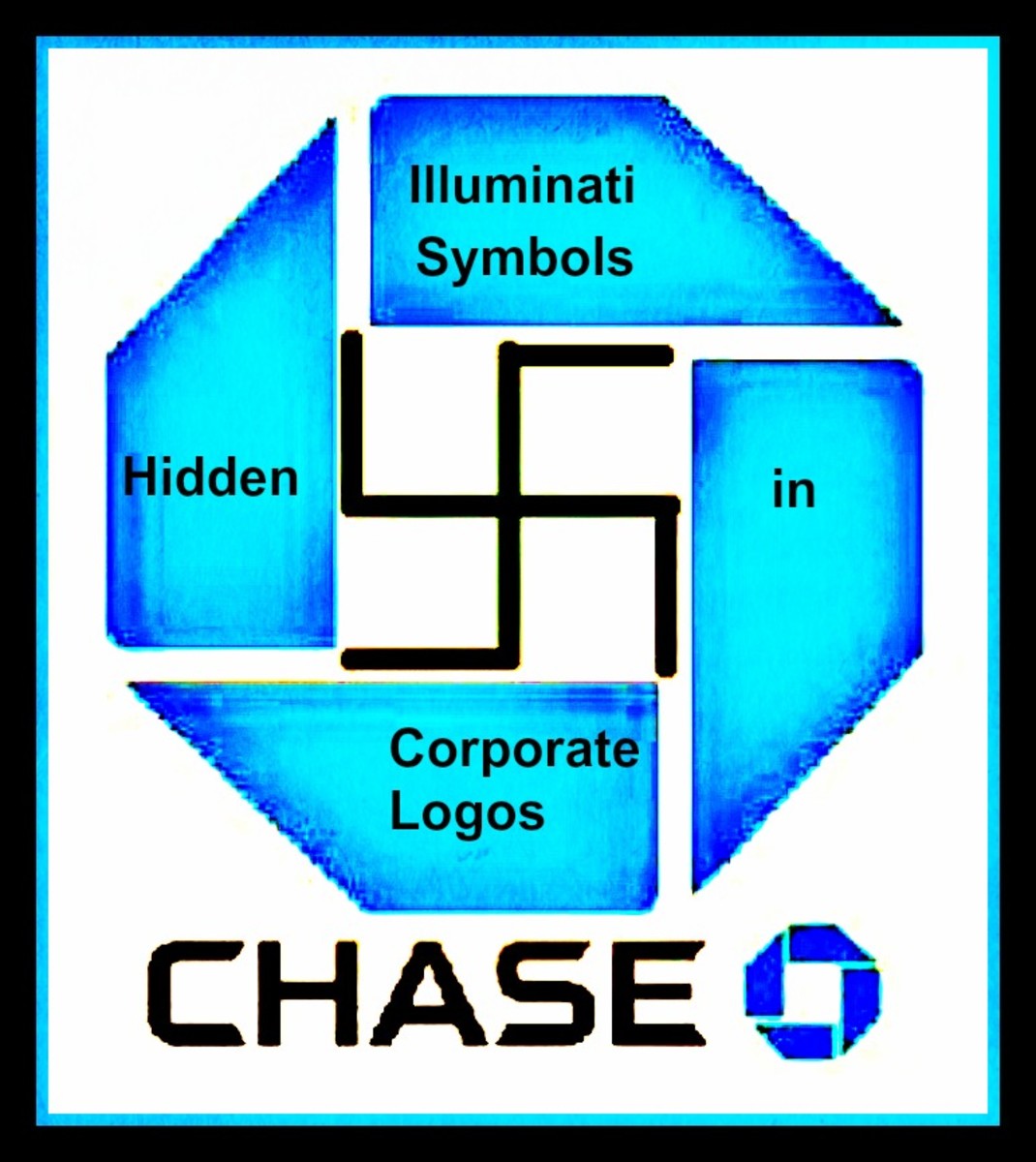Why We Continue to Ask the Question “Who Killed President Kennedy”
November 22, 2013 marked the 50th anniversary of the assassination of President John F. Kennedy in Dallas, Texas.
The event shocked and stunned the nation. Kennedy was a young and vigorous president who was popular and widely admired by the American public.
Of course, politically, he had narrowly beaten former Vice President Richard Nixon in the 1960 election and was facing a potentially tough re-election campaign against the rising Republican star, Senator Barry Goldwater of Arizona.
Whether Americans support or oppose a president’s politics, once elected, the nation expects a president to remain in office until the next election. Assassinating a president is not the American way.
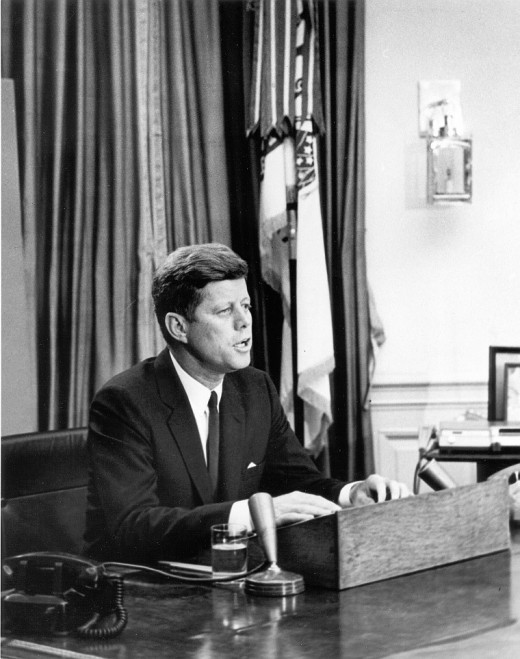
Part of the shock over President Kennedy’s death was the fact that in the nearly 200 years that had elapsed since we declared our independence and the day of the November 22nd assassination, President Kennedy was only the fourth U.S. president to be assassinated. While military coups and assassinations were common in other parts of the world, this was not the way Americans changed their leaders.
The most recent prior successful assassination of a president had occurred sixty-two years earlier on September 4, 1901when President William McKinley was shot by Leon Czolgosz, a troubled twenty-eight year old radical socialist and anarchist.
Like the three previous presidential assassins, John Wilks Booth (Lincoln, 1865), Charles Guiteau (Garfield, 1881) and Leon Czolgosz (McKinley, 1901), Lee Harvey Oswald, President Kennedy’s assassin, did the killing as a single gunman.
Conspiracy Theory Industry Born
Despite the fact that Lee Harvey Oswald was captured and identified as the gunman who had killed Kennedy, there have been doubts since the beginning as to whether or not Oswald acted alone. In fact an entire conspiracy theory industry has developed and worked, unsuccessfully, for the past half century at uncovering the supposed conspiracy behind the Kennedy assassination.
A generation of amateur and professional journalists, historians and detectives has spent their entire career investigating and publishing books and articles focused on advancing theories as to who else was involved in the assassination. It is not inconceivable that this niche industry will continue to flourish for generations to come.
One factor powering the conspiracy theory industry is the fact that thousands of government documents relating to Oswald and the assassination still remain classified 50 years after the event.
A Theory About Origin of Kennedy Assassination Conspiracy Theories
However, in recent articles and a book (Camelot and the Cultural Revolution: How the Assassination of John F. Kennedy Shattered American Liberalism) by Manhattan Institute Senior Fellow, James Piereson, offers an interesting theory as to why the assassination has given rise to these conspiracy theories.
In a long article in the November 16-17 2013 weekend edition of the Wall Street Journal entitled JFK – Casualty of the Cold War, Pierson argues that the fact that JFK’s killer, Lee Harvey Oswald, was “a self-described Marxist, defector to the Soviet Union, and admirer of Fidel Castro” disturbed liberals then and now.
According to Piereson, liberals were upset that their hero had been killed by someone on the left, a communist, rather than deranged individual from the right side of the political spectrum.
American Left Upset that Kennedy's Assassin Came from Left
Kennedy’s assassin, Lee Harvey Oswald, was captured shortly after the shooting and his communist affiliation was known and broadcast the same day.
Television, radio and evening editions of newspapers brought word of Oswald’s past to the American public the day of the assassination.
These accounts described the ex-Marine sharpshooter’s avowed Marxism and his move from the U.S. after his discharge to start a new life in the Soviet Union only to return a few years later with his Soviet wife and child.
Liberal disappointment and efforts to spin the assassination blame, away from the left and toward the right, began immediately.
Jackie Kennedy's Disappointment at Learning Assassin Was a silly little Communist
In William Manchester’s book, The Death of a President, Jackie Kennedy is quoted as saying to her mother later in the day of the assassination that “He [President Kennedy] didn’t even have the satisfaction of being killed for civil rights... it had to be some silly little Communist”.
New York Times Columnist Publishes Article on Climate of Hate in America
New York Times columnist James Reston wrote a piece on November 22nd, titled Why America Weeps: Kennedy Victim of Violent Streak He Sought to Curb in the Nation, which appeared on the front page of that newspaper the next morning. This piece ran next to a front page article on Lee Harvey Oswald’s Marxist views and Soviet sojourn.
In his first paragraph Reston wrote: America wept tonight, not alone for its dead young President, but for itself. The grief was general, for somehow the worst in the nation had prevailed over the best. The indictment extended beyond the assassin, for something in the nation itself, some strain of madness and violence, had destroyed the highest symbol of law and order.
According to Reston, Lee Harvey Oswald may have shot the bullets that killed the President but the real blame lay with the American people.
Further on, Reston gets a little more specific, writing:
The irony of the President's death is that his short Administration was devoted almost entirely to various attempts to curb this very streak of violence in the American character.
When the historians get around to assessing his three years in office, it is very likely that they will be impressed with just this: his efforts to restrain those who wanted to be more violent in the cold war overseas and those who wanted to be more violent in the racial war at home.
Reston’s article was probably reprinted in numerous other papers around the nation as his New York Times columns were widely syndicated at that time.
New York Times Publishes Tributes to Slain President
The same day the New York Times published James Reston’s article they also had another article entitled, Tributes Cite Loss to U. S. and World. This article consisted of comments/condolences expressed by 33 political, business and religious leaders from the U.S. and abroad.
The group included political friends and foes with the comments of most focused on sympathy for the late President’s family and sorrow at the loss of a leader. However, a few prominent liberals chose instead to blame the President’s death on the hate that supposedly pervaded the nation.
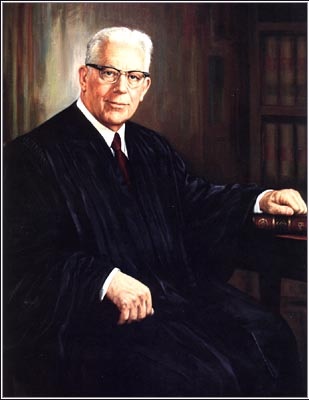
Here are some excerpts:
Democratic Mayor of New York City, Robert Wagner: Hate has reaped its harvest. Now we must not leave undone any of the great works he was doing,… (It should be noted that the great works referred to were mainly President Kennedy’s legislative agenda, which included a major civil rights law, that was still stalled in the Democratic controlled Congress with prominent Democratic Senators filibustering to block the civil rights legislation.)
Supreme Court Chief Justice Earl Warren: — A great and good President has suffered martyrdom as a result of the hatred and bitterness that has been injected into the life of our nation by bigots,…
Civil Rights activist, Paul Zuber —This is just more horrible proof of the breakdown of law and order in this country.
According to James Piereson, these attempts to spin the assassination story are what give rise to all the conspiracy theory that surround the assassination.
Not surprisingly, the Soviet Union's propaganda machine was spinning the same American climate of hate theme in their coverage of the assassination. Their motive, of course, was to deflect the blame away from their association with Oswald and on to the American people.
CBS News Anchor Walter Cronkite Reporting of Soviet Reaction to Assassination
Foes of President Kennedy's Policies Expressed Sympathy for President's Family and Grief for Nation's Loss
Given the comments cited above by that era’s prominent liberals regarding the level of hate in the nation, one would assume that the slain president’s opponents, who were supposedly responsible for fermenting this hate would either refuse to comment or express the hate that they were accused of stirring up.
However, that is not the case as seen by the comments that President Kennedy’s political foes gave when asked by the New York Times.
Senator Barry Goldwater, a conservative Republican who was expected to be President Kennedy’s opponent in the upcoming 1964 election - It is both shocking and dreadful that a thing like this could happen in a free country. The President's death is a profound loss to the nation and the free world. He and I were personal friends. It is also a great loss to me. Mrs. Goldwater and I offer our heartfelt sympathies to Mrs. Kennedy and the President's family.
George Wallace, Democratic Governor of Alabama and an opponent of President Kennedy and the Civil Rights Movement - We may disagree with people in public office because of philosophy and attitudes, but this attack upon the Chief Executive is an attack upon the American system and I'm sure that whoever did it had the universal malice for all people of this country.
Ross Barnett, Democratic Governor of Mississippi and also a political foe of President Kennedy and the Civil Rights Movement - I am profoundly shocked and deeply distressed at the cowardly act.
Robert Welch, the founder and Chairman of the John Birch Society. In the 1960s the media and political establishment viewed this anti-communist organization as almost more of a threat to the nation than Soviet nuclear missiles. In that era liberals despised and feared Welch and the John Birch Society as much as they despise the Tea Party today.
Here is t Robert Welch’s comment: On behalf of the council of John Birch Society and our members and myself. I wish to express our deep sorrow at so untimely a loss to our nation of its youngest elected President and to convey more particularly to you and to all members of President Kennedy's family our sincere and heartfelt sympathy in your overwhelming personal loss.
Lee Harvey Oswald was a Dedicated Communist and Believer in Marxist Revolutionary Action
Lee Harvey Oswald was an avowed communist who had moved to the Soviet Union, became disillusioned and then returned. His disillusionment wasn’t with communism itself but with the Soviet Union which did not live up to his image of the ideal communist revolutionary society.
Upon his return he focused his dreams on Fidel Castro and Cuba which he believed was a true communist revolutionary society. However, the Cuban government refused to issue him a visa to visit Cuba.
Oswald had originally traveled to the Soviet Union on a tourist visa. He then stayed in the Soviet Union past the visas expiration and pressured the Soviets into letting him stay by attempting suicide. Since he never had the opportunity to formally renounce his U.S. citizenship, he was able to return to the United States when he tired of the Soviet Union.
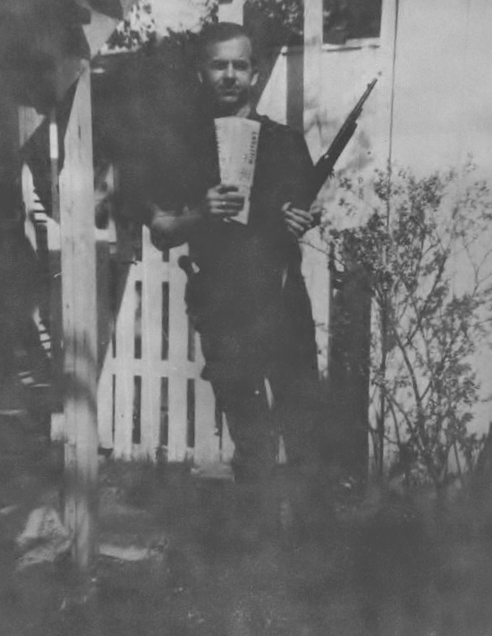
Many Liberals Believed Theory Behind Communism was Good
The Soviet Union may have been our foe, but liberals were certain that we could improve relations and co-exist with that nation. While many were not comfortable with the way the leaders were running the Soviet Union, they still believed that the basic ideals of communism were good.
This is why liberals were so uncomfortable about the fact that the president they had put their faith in had been killed by someone from their side of the political spectrum.
However, if the assassin’s motive was not political but was instead an act by a troubled individual who was drowning in the ocean of hate that surrounded him that would make more sense for them.
Strategy of Deflecting Responsibility Away from Oswald Led to Rise of Conspiracy Theories
While the hate spin succeeded in deflecting attention away from the assassin’s political views, it opened up a Pandora’s Box of conspiracy theories. In these theories Oswald came to be viewed as:
- merely a dupe intended to disguise the existence of the real killer;
- some kind of a double agent masquerading as a Marxist while working for either the CIA, right wing elements in the military, radical right wing groups, or combination of these;
- an innocent bystander who happened to be at the wrong place at the wrong time.
The result has been the growth of a small investigative and publishing industry devoted to solving the supposed mystery of who really killed President Kennedy.
© 2013 Chuck Nugent


